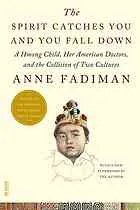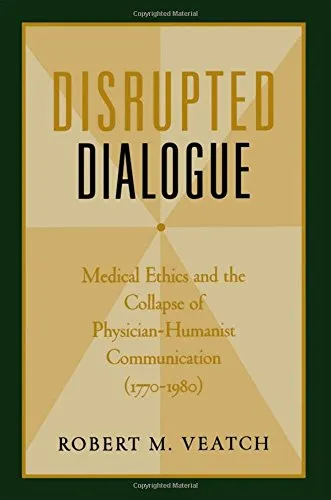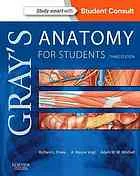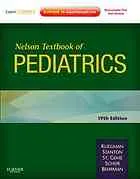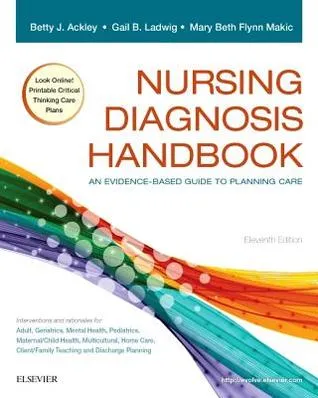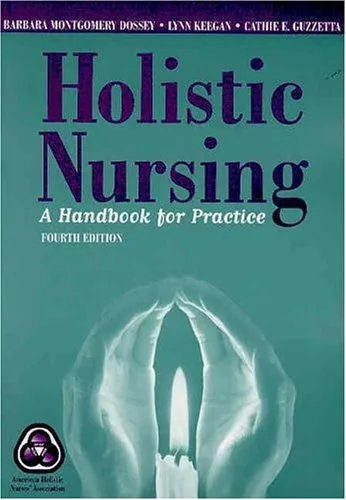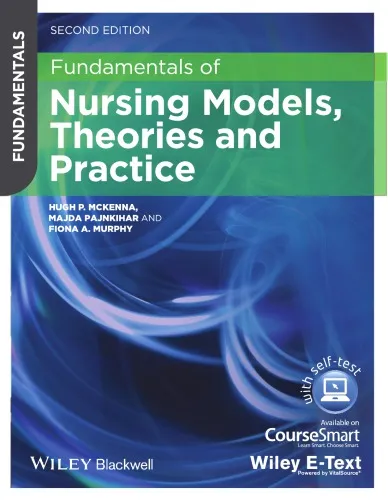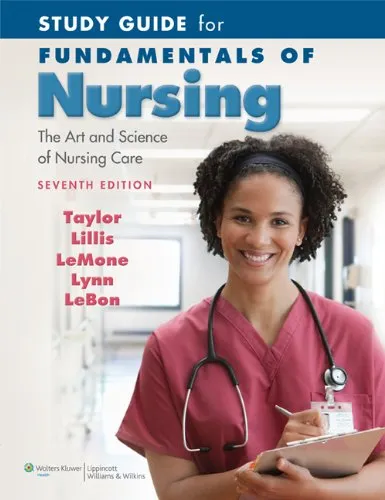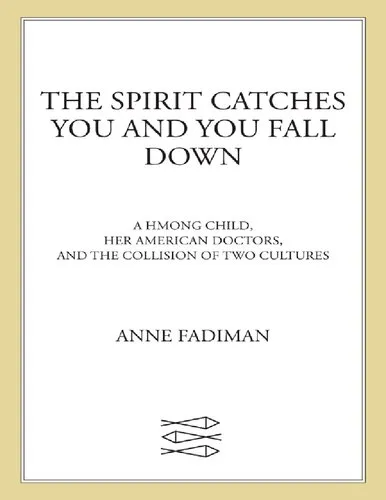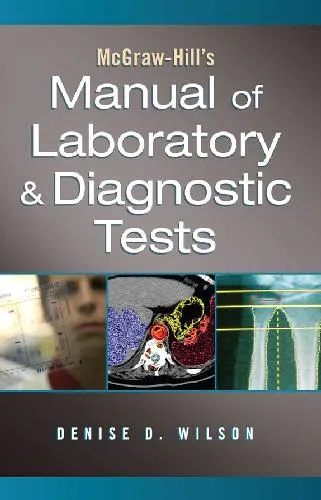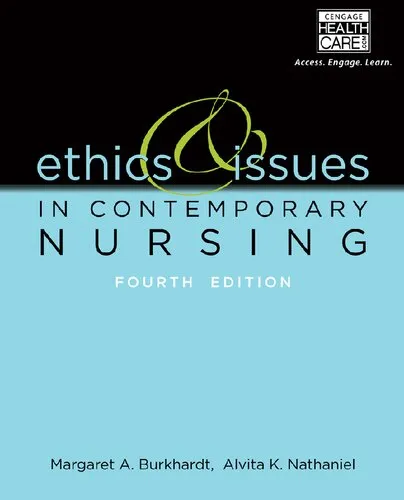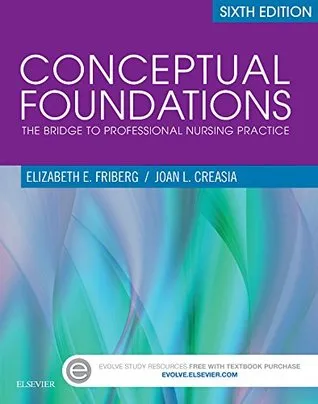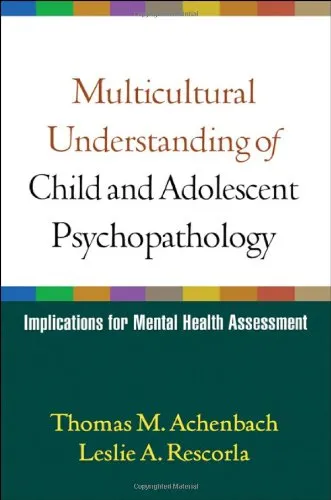The spirit catches you and you fall down: a Hmong child, her American doctors, and the collision of two cultures
4.7
Reviews from our users

You Can Ask your questions from this book's AI after Login
Each download or ask from book AI costs 2 points. To earn more free points, please visit the Points Guide Page and complete some valuable actions.Related Refrences:
The Spirit Catches You and You Fall Down: An Introduction
Explore the intricate web of cultural collisions, medical ethics, and the profound human story at the heart of a small Hmong girl's life.
Detailed Summary of the Book
Anne Fadiman's "The Spirit Catches You and You Fall Down" is a poignant narrative that chronicles the heart-wrenching story of Lia Lee, a young girl of Hmong descent, born in California, who suffers from severe epilepsy. This powerful book delves into the tragic collision between Lia's immigrant family and the American healthcare system, revealing broader themes of cultural misunderstanding and the complex nature of intercultural communication.
From the onset, readers are introduced to the cultural dichotomy between the Hmong traditions and Western medical practices. Lia's family, deeply rooted in Hmong beliefs, perceives her illness as a sacred religious experience, termed "quag dab peg," which translates to "the spirit catches you and you fall down." Conversely, Western doctors at her hospital see her condition solely as a medical issue needing medication and treatment.
The narrative takes an empathetic approach, presenting the perspectives of both Lia's family and her medical team. It underscores the challenges and frustrations faced by both groups as they try to navigate their conflicting beliefs and priorities. Despite the immense dedication from the medical staff, who strive to give Lia the best care possible, their lack of cultural understanding leads to a tragic breakdown in communication with her family.
Throughout the book, Fadiman provides a rich backdrop of Hmong culture and history, illustrating the group’s journey from Southeast Asia to the United States, and their struggle to preserve their cultural identity in a foreign land. This backdrop not only deepens the readers’ understanding but also emphasizes the broader implications of cultural assimilation and the struggles faced by immigrants worldwide.
Key Takeaways
- The importance of cultural literacy in medicine to enhance patient care and avoid tragic outcomes.
- Understanding that diverse perspectives in healthcare can lead to both challenges and opportunities for improved care.
- The necessity for empathy, patience, and communication across cultural divides.
- A reflection on the inadequacies of a one-size-fits-all medical system in a multicultural society.
Famous Quotes from the Book
"I have always felt that the action most worth watching is not at the center of things but where they edges meet."
"Culture, the accumulated deposit of knowledge, experience, beliefs, values, attitudes, meanings, hierarchies, religion, notions of time, roles, spatial relations, concepts of the universe, and material objects and possessions acquired by a group of people in the course of generations through individual and group striving."
Why This Book Matters
"The Spirit Catches You and You Fall Down" remains an essential read for those interested in the intersection of culture and healthcare. It shines a light on the significant implications of cultural misunderstanding and provides valuable insights into the need for cross-cultural competency, particularly in today's increasingly multicultural societies.
The book has become a critical tool for medical professionals, educators, and anyone interested in fostering a more inclusive and understanding world. It encourages readers to consider the broader human implications of healthcare and inspires ongoing dialogue about the importance of cultural sensitivity and understanding.
Overall, Anne Fadiman's work goes beyond the individual story of Lia Lee, urging us all to consider the systemic gaps and the human costs of cultural divides. This book is more than a case study—it is a call to action for a more compassionate and inclusive approach to medicine and human interaction.
Free Direct Download
You Can Download this book after Login
Accessing books through legal platforms and public libraries not only supports the rights of authors and publishers but also contributes to the sustainability of reading culture. Before downloading, please take a moment to consider these options.
Find this book on other platforms:
WorldCat helps you find books in libraries worldwide.
See ratings, reviews, and discussions on Goodreads.
Find and buy rare or used books on AbeBooks.
1404
بازدید4.7
امتیاز0
نظر98%
رضایتReviews:
4.7
Based on 0 users review
Questions & Answers
Ask questions about this book or help others by answering
No questions yet. Be the first to ask!
